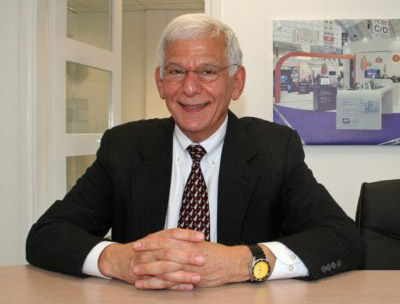During my 24-year stint at Peachtree Movers, we did more than 50,000 office moves, and I can count on (only) one hand the number of moves we closed on the spot. Even when we were the only bidder, our prospects would say, “I want to think about it” or “We’ll let you know something soon.” For whatever reason, our clients stalled before awarding us the move.
Our subtle closing pitch—which was true, by the way—went like this:
“Unlike our competition, we ‘book’ and schedule moves on a first-come, first-serve basis since we have a limited number of trained, professional, experienced movers. Please, if you’d like to hire us, let us know as soon as possible so we can reserve our precious people resources for your move. We’ll feel terrible if we’re not able to schedule your move because you waited too long to award it to us.”
This approach typically motivated our prospects to schedule us months in advance.
In contrast, the moving industry typically gives the impression that they’re never at capacity because they have unlimited movers available. This is true for many moving companies, since most don’t have ongoing training for their employees. In the moving industry, “OJT” is the norm; in other words, the typical mover/helper goes through “On the Job” training. We told our prospects that a supervisor can’t train his crew on the job and run it effectively at the same time. What OJT really means is that movers learn how to do their job at the customer’s expense (and peril!).
I’ll bet most of my readers will take exception to my next point: when we bid on jobs, we only used the subtle closing strategy (above) on larger, profitable moves. Those are the ones we wanted to schedule first and expend our capacity on, especially on weekends. We never used that pitch on smaller or marginally profitable moves. For example, if we bid on a small (less profitable) job such as 6 men and three trucks for five hours, we said nothing at the end of our sales presentation. The reason is simple: we wanted this type of prospect to call us at the last moment to schedule his move when we were already at capacity. Most of the time we were successful in convincing him to go at another time—Monday, Tuesday, Wednesday, or Thursday evening from 6 pm until midnight. (This saved our resources for the larger, more profitable moves.)
Be sure to join our Group at www.linkedin.com/groups/12060567
For more information on our online office moving training, please visit
www.officemoves.com/training/index.html or call Ed Katz at 404.358.2172.










